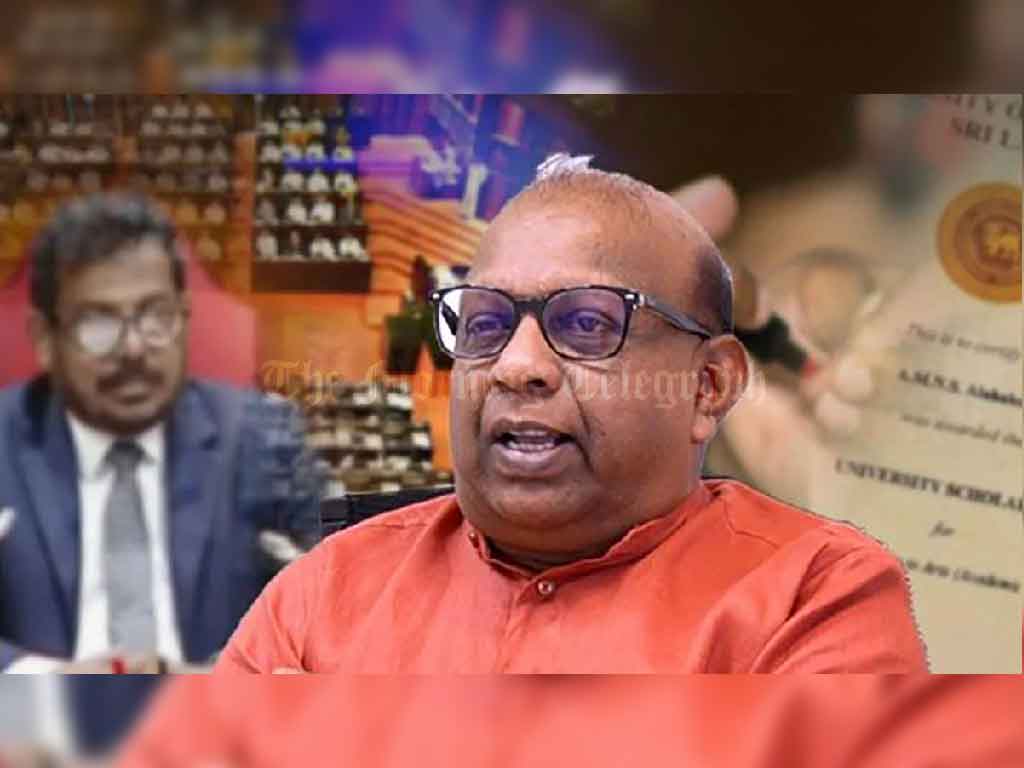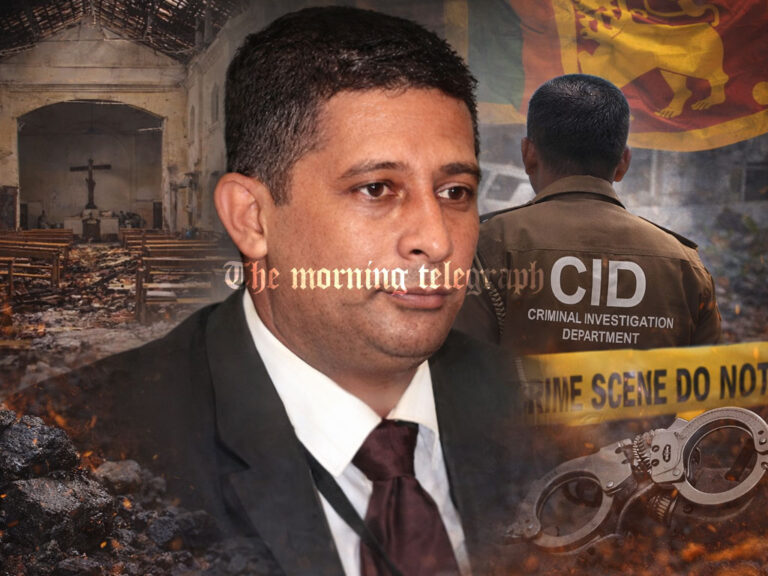
The controversy surrounding former Speaker Ashoka Ranwala has intensified, with prominent legal figures accusing him of lying about his academic qualifications. President’s Counsel and former Sri Lanka Bar Association President, U.R. De Silva, has dismissed Ranwala’s claim in his resignation letter that he could not locate documentation for his doctorate, calling it “completely baseless.”
De Silva asserted that if Ranwala truly held a doctorate from a Japanese university, obtaining the necessary records would be a straightforward process through embassy channels. This has led to broader doubts about Ranwala’s credentials, particularly as he had previously been at the forefront of protests against the South Asian Institute of Technology and Medicine (SAITM), which he described as a “fake degree shop.”
The legal expert went further, suggesting that this incident raises questions about the integrity of other public figures, including former Minister Mervin Silva. “If Ashoka Ranwala himself does not have the doctorate he claims, it stands to reason that Mervin Silva’s alleged doctorate is equally suspect,” De Silva stated.
Ranwala’s previous role as the leader of protests against SAITM, which he accused of awarding illegitimate degrees, has come under sharp scrutiny. Critics point out the irony of his current predicament, where he is now accused of being a fake degree holder himself.
“This entire episode reveals the hypocrisy at the heart of Ranwala’s campaign against SAITM,” De Silva said during an online discussion. “He labeled the institution a fake degree shop, but now it appears that he may have misrepresented his own qualifications all along.”
The scandal has not only tarnished Ranwala’s reputation but also cast a shadow on his political legacy. Observers note that his case highlights the urgent need for stricter scrutiny of the academic credentials of public figures in Sri Lanka.




